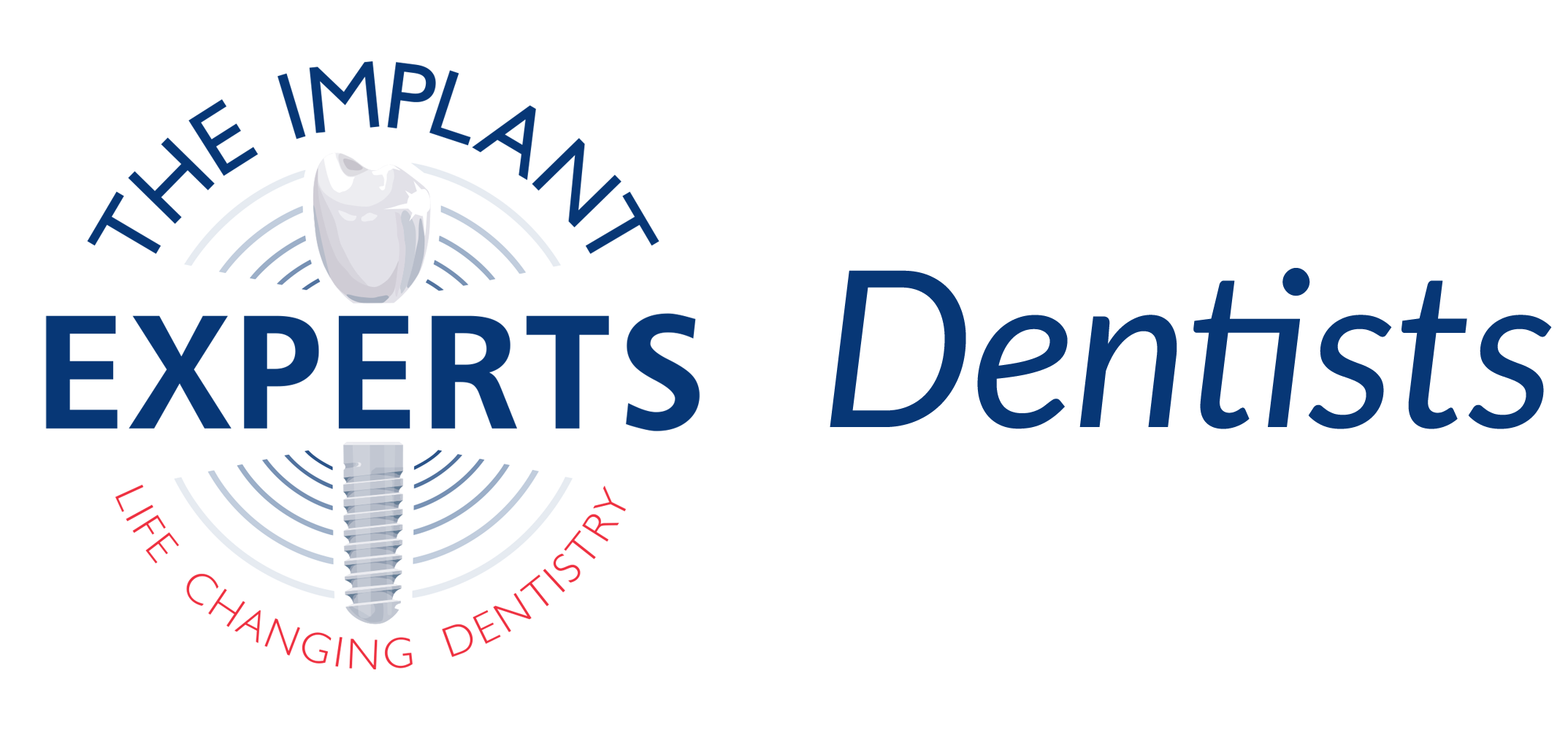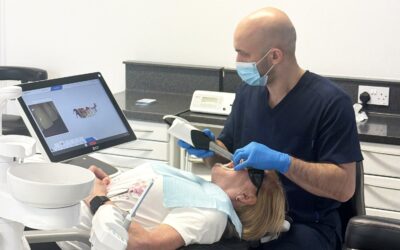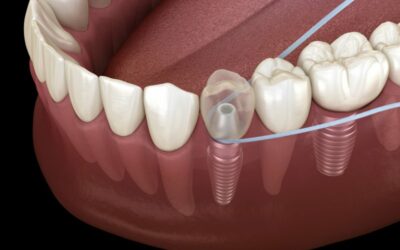
As a referral clinic for dental implantology, The Implant Experts want to discuss an important topic that can significantly impact treatment decisions – Anti-resorptive drugs and their implications for dental implant patients.
Understanding Bisphosphonates
Drugs such as bisphosphonates and other anti-resorptive drugs are medications commonly prescribed for conditions such as osteoporosis and certain cancers. They work by inhibiting bone resorption, which helps maintain bone density but can also affect the healing process following surgical procedures, including dental implant surgery.
Key Considerations for Dental Implant Treatment
-
- Risk Assessment: Patients on these drugs may face an increased risk of medication related osteonecrosis of the jaw (MRONJ), especially after dental surgery. It is therefore important for us to gather an accurate medical history to identify any patients who are currently or have previously been on anti-resorptive drugs.
- Length of time on medication and route of administration: For patients currently taking anti-resorptive drugs, we evaluate the time that they have been taking medication to assess the cumulative effect on the associated risk. Typically patients who have been taking these drugs orally for less than three years would have a lesser risk than patients who have been taking them for longer. Patients who have taken these drugs by intravenous infusion are at considerably higher risk than those taking orally.
- Discussion with patients who have preexisting dental implants: We recommend informing patients with dental implants placed prior to commencement with anti-resorptive or antiangiogenic drugs, of the small risk of spontaneous MRONJ at those sites and provide information on how to minimise their risk, for example ensuring excellent oral hygiene at implant site(s).
- Discussion with patients who are considering dental implants: We inform patients who consider dental implants during or after treatment with antiresorptive drugs of the risk of compromised bone healing and MRONJ following the procedure and the additional small risk of long-term implant failure. Provide information for those patients who choose to go ahead with the procedure on how to minimise their risk, for example ensuring excellent oral hygiene at implant site(s).
- Alternative Treatments: For patients at high risk, we should always consider discussing alternative options such as removable partial dentures or other non-surgical solutions.
- Multidisciplinary Approach: Collaboration with the patient’s physician can provide valuable insights into their treatment plan and help mitigate risks.
- Guidance: The SDCEP have published comprehensive guidance about anti-resorptive drugs and dental surgery.
Our Expertise
The Implant Experts have extensive experience in managing dental implant cases involving patients with more complex medical histories. Our team will assess risks and tailor treatment plans to ensure patient safety and optimal outcomes.
Referrals Welcome:
We encourage you to refer any patients for an implant evaluation. Our clinicians are committed to providing thorough assessments and personalized care.
Stay Informed
We are dedicated to keeping you informed about developments in implant dentistry. If you have any questions about our referral process, please do not hesitate to contact us.




0 Comments